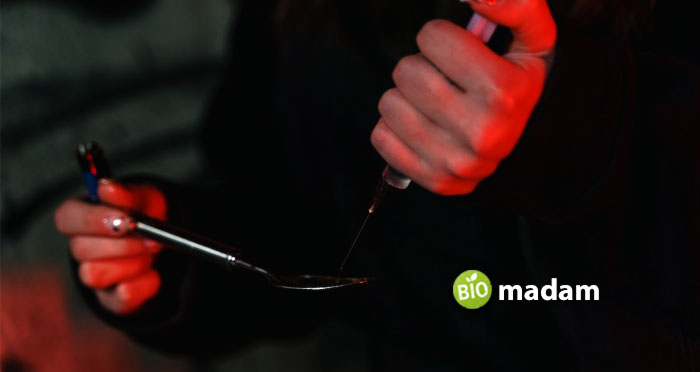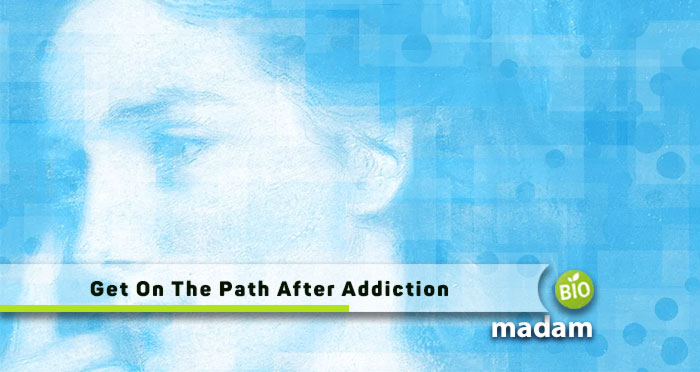Addiction can take over one’s life. What may start as a seemingly harmless habit can quickly spiral out of control, leading to years of substance abuse and negative consequences, such as shaking with anxiety. The good news is that addiction is treatable. If you’re struggling with addiction, know that you are not alone. Millions of people suffer from addiction, but you can overcome your addiction and build a healthy, sober life with treatment and support.
Find a Treatment Program that Fits your Needs
The first step in overcoming addiction is to seek professional treatment. Addiction is a complex disease requiring expert care to treat it effectively. When you seek professional treatment at the safe harbor treatment center, you’ll be able to receive the care and support you need to overcome your addiction. Treatment typically includes individual therapy, group therapy, and medication.
Individual Therapy

Individual therapy is an integral part of addiction treatment. In individual therapy, you’ll meet with a therapist one-on-one to discuss your addiction and any underlying issues that may be contributing to your addiction. This is an opportunity for you to openly share your thoughts and feelings about your addiction and begin working through your challenges. They might work with ABA therapy and other techniques to help you with substance abuse.
Group Therapy
Group therapy is another crucial part of addiction treatment. In group therapy, you’ll meet with a group of people who are also struggling with addiction. This is a supportive environment where you can openly share your thoughts and feelings about your addiction and receive feedback and support from others who understand what you’re going through.
Medication
For some people, medication may be an essential part of addiction treatment. Medication can help to reduce withdrawal symptoms and cravings, making it easier to abstain from substances. If you’re considering medication as part of your treatment plan, discuss this with your therapist or doctor to make the best decision for your needs.
Participate in Self-Care Activities
Self-care is an important part of addiction recovery. Taking care of yourself can better cope with stress and triggers that may lead to relapse. There are many different types of self-care activities, but some examples include exercise, relaxation techniques, healthy eating, and journaling.
Most people find that building a support system gives them the motivation they need to stay on track. Support systems can provide accountability, advice, and emotional stability during tough times. Friends and family are often the best sources of support, but it’s also essential to seek professional help. Counselors or therapists can provide valuable guidance and support throughout the recovery process.
Develop a Healthy Lifestyle
The next step in overcoming addiction is to develop a healthy lifestyle. This means changing your diet, exercise routine, and sleeping habits. It may also mean finding new hobbies and activities that you enjoy. These lifestyle changes will help to reduce stress, increase energy levels, and boost your overall mood.
A healthy diet is an important part of addiction recovery. Eating healthy foods helps to improve your mood and energy levels. It’s also important to avoid trigger foods that can lead to cravings and relapse. Exercise is another important part of developing a healthy lifestyle. Exercise releases endorphins, which have mood-boosting effects. It also helps to reduce stress and improve sleep quality.
Create a Recovery Plan
The final step in overcoming addiction is to create a recovery plan. This plan should include your recovery goals and the steps you will take to reach those goals. Your recovery plan should be realistic and achievable. It should also be flexible, as your needs may change over time.

Your recovery plan should be tailored to your unique needs and circumstances. It may include attending therapy sessions, attending support group meetings, participating in sober activities, and taking medication. Be sure to involve your support system in developing your recovery plan. They can provide valuable input and feedback.
Build a Support System
Addiction is a disease that can be overcome with the help of friends and family. When trying to break free from addiction, it’s crucial to have a strong support system in place. This means having people who will stand by you, encourage you, and help you through tough times. It also means having people who will hold you accountable, make sure you stay on track and keep you out of danger.
But building a support system isn’t easy. Finding the right people and then cultivating those relationships takes time and effort. Here are some tips for building a support system that can help you overcome addiction:
- Start with your immediate family and close friends These are the people who are most likely to be supportive and understanding.
- Expand your network by joining a support group, attending therapy, or participating in an outpatient treatment program.
- Get involved in your community There are often resources and programs available to help those struggling with addiction.
- Seek out professional help Addiction counselors and therapists can provide valuable support and guidance.
If you or someone you know is struggling with addiction, please seek professional help. Addiction is a serious disease, and it should not be faced alone. In addition, be patient with yourself as you journey down the path to overcoming addiction. Recovery is a process, and it takes time to heal. But with treatment and support, you can overcome your addiction and build a healthy, sober life.

Hi, they call me Jenna, and I am also known for achieving a gold medal during my Ph.D. in science life. I always had a dream to educate people through my utmost writing hobby. So, I chose this blogging path, and Biomadam gave me this opportunity to present for them. I now stand to entertain you. Continue reading my articles & discuss if you’ve any confusion through the comment section below.

